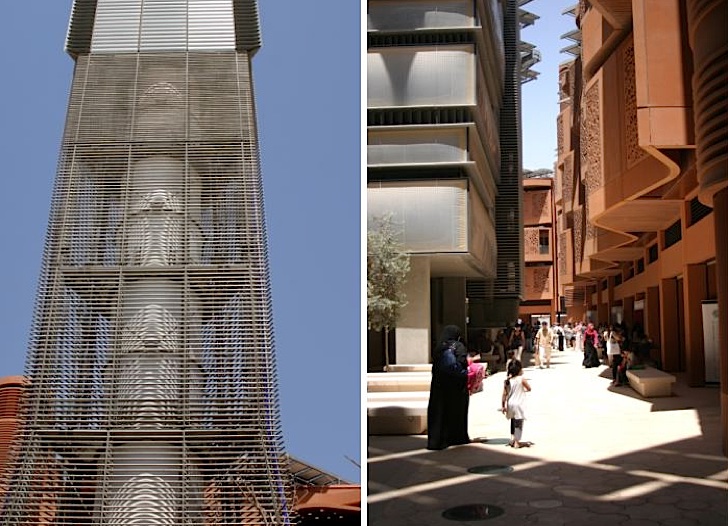People have this general perception that the Middle East lags behind in matters of sustainability. There is the misconception that people in this region lead flashy lifestyles and engage in over-consumption to balance out the ever-increasing wealth from an endless supply of oil. However, when you get to the ground, you soon discover that the situation is far much different, and that sustainability is a concept that many espouse here. Although CMC Markets may have reported falling stock prices due to Middle East political tensions which is true, business in this region remains sustainable due to the following reasons:
A hybrid approach
According to Al Zubi, the head of sustainability at Majid Al Futtaim Properties (MAFP), the Middle East is a recipient of many best practices from around the world. Some countries, such as Singapore, have been able to combine technology and ideas to create a hybrid approach. The hybrid approach is always the best and has proved to be a determining factor in enhancing sustainability. Consequently, the Middle East has seen its malls thrive as a result of espousing gleaming modernity, opulence, and luxury. These malls are now attracting thousands of shoppers from around the globe.
A unique region
Al Zubi avers hat some factors combine to make the Middle East a unique area. Most significant of the factors is the prevailing northwest breeze that creates a comfortable microclimate that is likely to attract many tourists. The construction industry is harnessing this pleasant weather by designing and angling buildings in such a way as to capture the cool breeze. Also, the construction industry is taking a leading role in sustainability standards. For instance, Mashreib has undertaken a regeneration project in Qatar that will have the largest number of LEED buildings, all targeting the gold and platinum status.
Development of own standards
It is not lost to the world that the Middle East is no longer playing catch-up to the rest of the world. International reference points revolve around LEED from the US, and BREEAM from the UK. Most governments in the Middle East have developed their standards to reflect the needs, challenges and local conditions. Qatar has QSAS while Abu Dhabi has installed PEARL. These standards are the pedestals for mounting quality and ensuring efficiency and adherence to international requirements.
Defining quality
The Middle East commitment to ensuring quality is beyond doubt. In the United Arab Emirates, all new state buildings are required to have a minimum of a two-star rating. The effect of this requirement has been the establishment a local green building market that is boosting skills through training. You will note that working in government institution is no different from working for an NGO due to the high standards the Middle East has put into place.
The family connection
The importance of the family has played a great role in the sustainability of business in the Middle East. Al Zubi points out that most of the private companies are owned by families. He argues that it is never about profit or passion, but both. The import of family-owned businesses lies in the creation of jobs in an environment of high unemployment rates. In Lebanon, for instance, one family-owned mall is likely to create two thousand job openings for the local people. You are not likely to read about the impact of families on the economies of Middle East countries because of their stringent culture that demands modesty. Consequently, there may be no reports detailing how many people have gained jobs in family businesses.
A social dimension to sustainability
Sustainability can’t be assured without putting social factors into consideration. Most Middle East countries have taken measures to ensure worker safety, training, and health. You may note that past generations relied on safe working environments in government jobs or corporate companies. However, the current trends are leading to entrepreneurship. Consequently, the UAE awards about 10% of all contracts to Small and Medium Enterprises (SMEs). Boosting the local enterprise is key to sustainability.
Several factors have combined to do sustainable business in the Middle East. Being a unique region with a wealth of resources, and a hybrid approach to development, the Middle East has created a perfect environment for green business. Development of own standards and allowing families to start the business has also gone a long way to boost the economy of the Middle East. The Middle East region is no longer playing catch-up.

